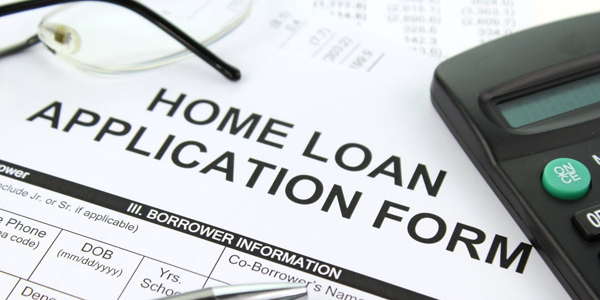
If I borrow the money at 4.125%, my monthly payment will be $1,938.60.
Loan 2: Borrowing at 5.25% N: 360 (I'm getting a 30-year loan) I/YR: 5.25 (I'm borrowing the money at 5.25%) PV: 400,000 (I'm borrowing $400,000) PMT: (This is what I'm trying to find) FV: 0 (The loan amortizes fully)If I borrow the money at 5.25%, my monthly payment will be $2,208.81.
The AnswerIf I borrow the money at 5.25%, my monthly payment will be $2,208.81 - $1,938.60 = $270.21 higher than if I borrow at 4.125%. Over the life of the loan, the higher interest rate costs me an extra 360 x $270.21 = $97,275.60
Though lenders use 'rising rates' as an incentive in their advertising, they do have a point that if you can borrow at lower rates rather than higher rates, you'll pay less, both from a month-to-month perspective and over the life of the loan. Of those two, the month-to-month number is much more significant to me, personally - month-to-month money has a greater impact on my quality of life than a larger sum spread over many years. That's one reason why I personally tend to prefer longer loans to shorter loans when I borrow money - I pay more over the life of the loan, but each month is less painful.What do you think? Do you think it's worth making borrowing a priority before rates rise? Or is there some benefit to borrowing at higher rates that I'm not seeing? What are your thoughts about shorter loans vs longer loans? Let us know in the comments!